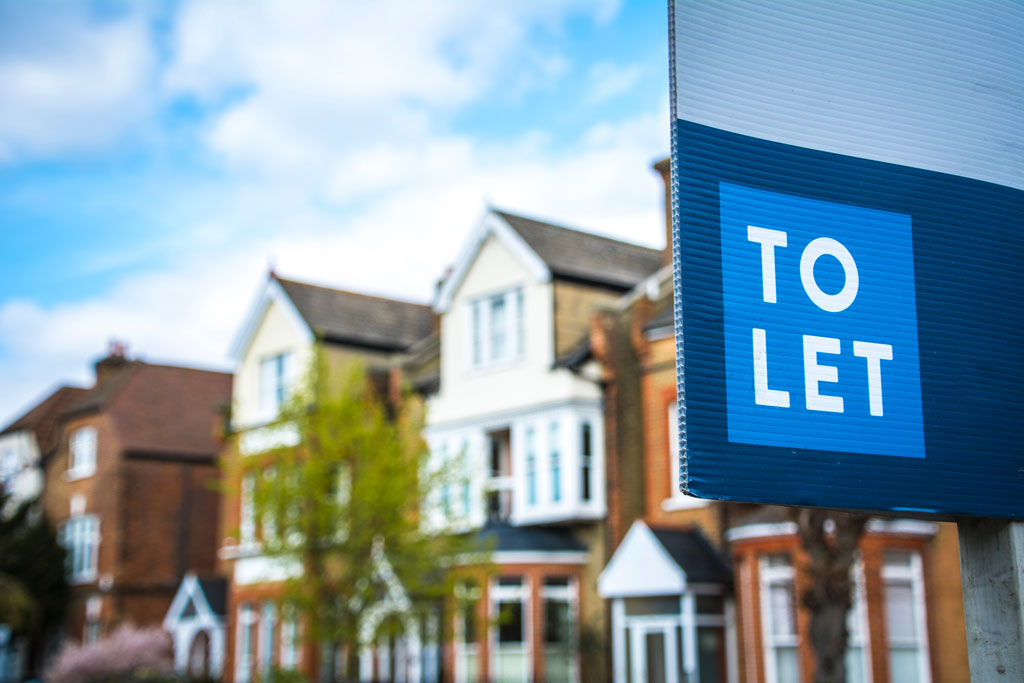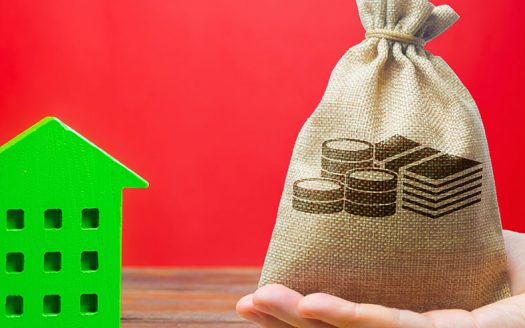A basic buy-to-let-property strategy
Property is an excellent asset class that provides both capital appreciation and income. If a property investment that will generate income, as well as growth, is your goal, there are a couple of areas you need to look into before considering your property investment. This buy-to-let investment strategy discusses just that: the basics of property investments for people looking to locate their capital in real estate. In this article by Lifestyle Property International, we will explain the key areas in the buy-to-let investment strategy to consider before making any decision to include:
- Your Expectations
- Property Price
- Your Initial Budget
- Property Financing
- Rental Yields
- Tenant Demand
- Ongoing Maintenance Costs
- Taxes
What are your expectations from the investment?
As with every plan, setting goals or expectations is a crucial first step in your buy-to-let strategy. While it is apparent that you expect your investment property to generate returns and a basic income from rental – do you have an idea of how much you want it to be?
How about the long term strategy? Are you thinking about potentially selling the property if it significantly increases in value, or would you wish to hold for rental income whilst still enjoying capital appreciation?
These are all valid and crucial points to carefully think about and research before making any decision.
Property prices – now and the future
It’s essential to research the property market and prices of properties to see what’s available, how much it will cost, and what you stand to gain. However, digging deeper and finding out the historical data and future predictions of the property prices in the country, city, or even specific development is equally important. It provides an insight into the potential property appreciation rate, exit strategy when it comes to selling it with a profit or leave it to your family as part of your legacy.
Typically we are looking for emerging locations that are most likely to increase in value, including developments close to transportation hubs, fast-developing cities or countries, or where major regeneration is taking place. These factors can lead to a great chance of appreciation over time, as well as rental demand.
Budget
Both first-time investors and seasoned investors will think about what to do with their accumulated wealth, and property investment is typically seen as a steady and traditional approach for wealth creation. As a rule, you should have collected at least 20%-30% of the initial property value to secure a mortgage on it. Of course, if you happen to have the sum required to purchase the property in cash – it is an option, although many people prefer to take advantage of mortgages and build a portfolio rather than have all their assets in one or two properties.
Financing your investment property
After finding the most suitable property, the next stage is gaining finance and sourcing a mortgage. This can often be a new experience for buy to let investors, and the use of a broker can be highly beneficial as they will have the knowledge and experience required to get the most appropriate terms. If the initial goal is income generation, it is vital that rent covers the mortgage costs and ideally provides positive cash flow over and above this.
Capital and interest repayment mortgage
By using capital and interest repayment mortgage, while having a tenant paying a rent that is equal to or greater than the mortgage cost, you are in a position where your property doesn’t require any additional funding, and in fact, the loan is being repaid. In ideal circumstances, you will have tenants that occupy and pay rent for the entire duration of the mortgage, so by the end of the term, your investment property is paid off and starts generating net profits, or can be transferred as an inheritance to your loved ones.
Interest-only mortgage
Another financing route – one which initially has the potential to bring you a higher monthly income – is to opt for an interest-only mortgage. This property financing option allows for initial lower monthly loan payments as you are first paying only the loan’s interest. That way, usually, for the first five years of the mortgage term, or at times for the entire duration, you can enjoy significantly lower mortgage payments, which could be an excellent option for those who want to accumulate income on a monthly basis. This may be kept as a security fund, invested elsewhere, or used to fund living expenses.
The above are the two main options, but for those with a little bit different goals in mind, there are other creative property financing options to choose from.
What are rental yields?
Rental yield is a measure of how much income your property will generate for you annually as a percentage of the property’s value. When we discuss rental yields, we can talk about gross rental yield, which does not include operating costs, just property price vs annual rental income and net rental yields.
A simple calculation of a gross rental yield can look like this:
If your rental property has a value of GBP 200,000 and you rent it for GBP 1,000 a month, the gross rental yield is:
Annual Rental Income: (GBP 1,000 x 12)= GBP 12,000
Gross Rental Yield: GBP 12,000/GBP 200,000= 0.06 x 100 = 6%
However, gross rental yield is not an accurate representation of the returns the property will generate. A net rental yield calculation will be more precise, as it includes all operating costs, such as service charges, ground rents, management fees etc.
Taking the same property as an example, and assuming your annual operating costs for it equals GBP3,000, the calculation and net rental yield will look like this:
Annual Rental Income: GBP 12,000 – GBP 3,000 = GBP 9,000
Net Rental Yield: GBP 9,000/GBP 200,000 =0.045 x 100 = 4.5%
The yield is not always the most important factor, as properties also make money from capital appreciation. Still, if your goal is income, then there must be a strong yield to provide positive monthly cash flow.
Who will rent the property?
There is a strong demand for rental from tenants, and they are typically young professionals who prefer to be geographically mobile and not own property. They prefer to rent as it provides more options, and they may also not have the down payment required to be able to purchase. When renting a property, your agent will vet all tenants to ensure that they are financially sound and have the resources to pay their rent. Location and rental price can dictate demand for rentals, and your agents will go over the finer details with you to ensure that the investment property you purchase will rent in a smooth, hassle-free process.
 Look for properties in attractive locations for young professionals as this group tends to rent rather than buy properties.
Look for properties in attractive locations for young professionals as this group tends to rent rather than buy properties.
Property maintenance costs
We earlier mentioned ongoing property running costs when explaining rental yields. Additionally, you should have an emergency fund to cover unexpected costs, and we would typically recommend having 2-3 months of mortgage costs as a reserve fund. This will not only cover any renovation or maintenance costs you may have but also voids in case the property is not let.
Taxes
Depending on where you are from and where your international property is located, you may be subject to various levels of property and local, or indeed international taxes. These taxes may include income tax on rental and capital gains tax on the asset’s eventual sale.
Unfortunately, taxes are a factor with any investment, be that property or other asset classes, but it pays to speak to tax experts as sensible planning may reduce or eradicate certain taxes. An example of this is the UK’s Stamp Duty Tax Refund, where many clients have been able to receive rebates on tax that was initially overpaid.
Is buy-to-let a suitable investment for you?
Investing in buy-to-let properties is one of the most traditional investment strategies there are. Investment properties for rent won’t immediately generate a large monthly income; however, picking the wrong property and financing can be a costly mistake. For your (especially first) buy-to-let investment property, consider working with an experienced real estate broker, such as experts from Lifestyle Property International.
Get in touch with us for an initial consultation. We explain in greater details your property investment options, financing, property buying procedures, and how we help our clients find tenants and explain any possible tax implications.







